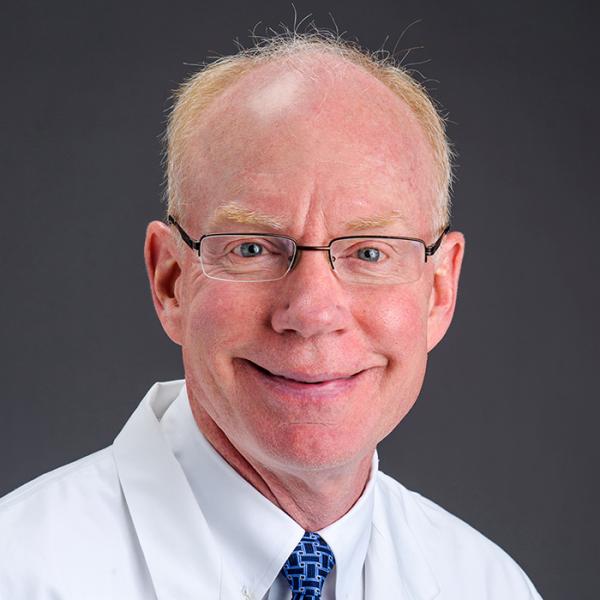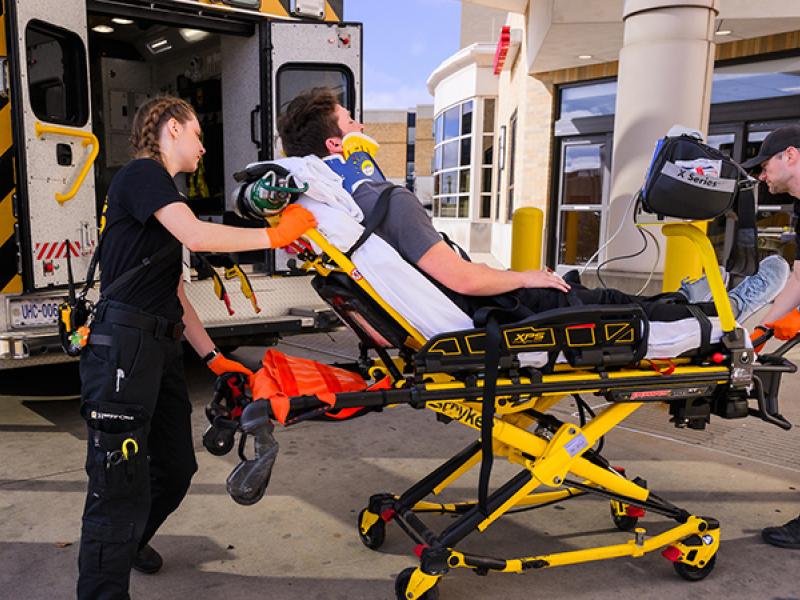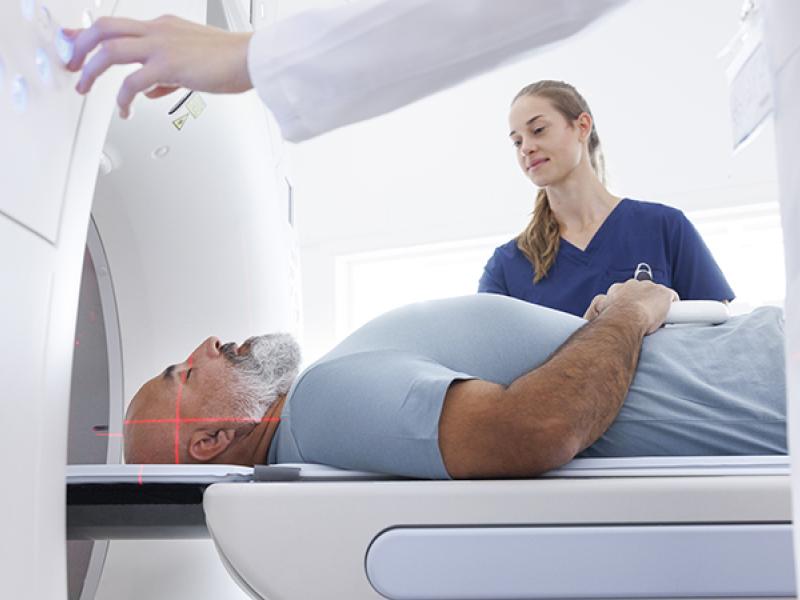Biomedical Entrepreneurship Training Program for Aging (BETA) is a National Institute of Aging (NIA/NIH) funded training program administered at the University of Missouri. The program is designed to train the scientific workforce to impart a broad set of skills and knowledge required for translation-focused and multidisciplinary roles in modern academic career positions.
Trainees will be prepared and ready to understand the cross-sector landscape required to drive innovation and entrepreneurship. Training includes structured education in translational aging, age-related disorders, Alzheimer’s Disease and Related Dementias (AD/ADRD) combined with entrepreneurship and business development required to bring new drugs, devices and technologies to clinical practice.
Training Program Objectives
The training program will provide heuristic learning opportunities for the students from the life-sciences field and will impart the scientific, regulatory, business and communication abilities required to work effectively in academic, private, public, and healthcare industry sectors.
Upon successful completion of the BETA program, trainees should be able to acquire the following skills:
- Formulate a systematic pathway to translate aging research ideas into innovative products, specifically in AD/ADRD.
- Identify unmet clinical needs in geriatrics, neurology, and AD/ADRD based on the perspective of patients, clinicians, healthcare professionals, and other stakeholders in healthcare.
- Develop methods to conceptualize a medical product, ranging from prototype device development to drug design.
- Comprehend ways to conduct clinical trials, obtain regulatory approvals, and develop reimbursement strategies for a new drug, device, or procedure.
- Recognize ways to identify and protect intellectual property and evaluate transfer strategies for successful industry partnership.
- Prepare grant applications and investor pitches to obtain dilutive and non-dilutive funding for medical product development.
- Create business strategies to commercialize life science products.
- Effectively communicate scientific research to the public and to policy makers.
Program Components
A four-phase program is complemented with mini educational courses, immersion experiences, and mentored training. A sequential three-month training in each phase will impart the scientific, regulatory, patenting, technology transfer, business, and effective communication skills required to work effectively across sectors.
- Observership in clinics and senior living centers
- Hands-on experience in drug and device design
- Intern experience in MU Technology Advancement Office
- Shadowing clinical trials at Clinical & Translational Science Unit
- Coaching to develop business strategy and investor pitches
- CAPSTONE project: Investor pitch and proposal preparation
- Training in Responsible Conduct for Research
- Learning science communication to public
Eligibility
- Graduate students
- Post-doctoral fellows
- Healthcare Professionals
Fellowship
Upon successful completion of the BETA program, trainees will be eligible to receive a fellowship of $4,000.
Certificate
Trainees will be presented with a “BETA Scholar” certificate upon completion of the one-year training program.
Duration
- The program is integrated with the primary graduate educational program and is designed to be carried-out over a one-year period.
- The education and immersion activities will require a total commitment of up to 15 hours per month.
To receive additional information for a trainee position, contact Dr. Anandhi Upendran







